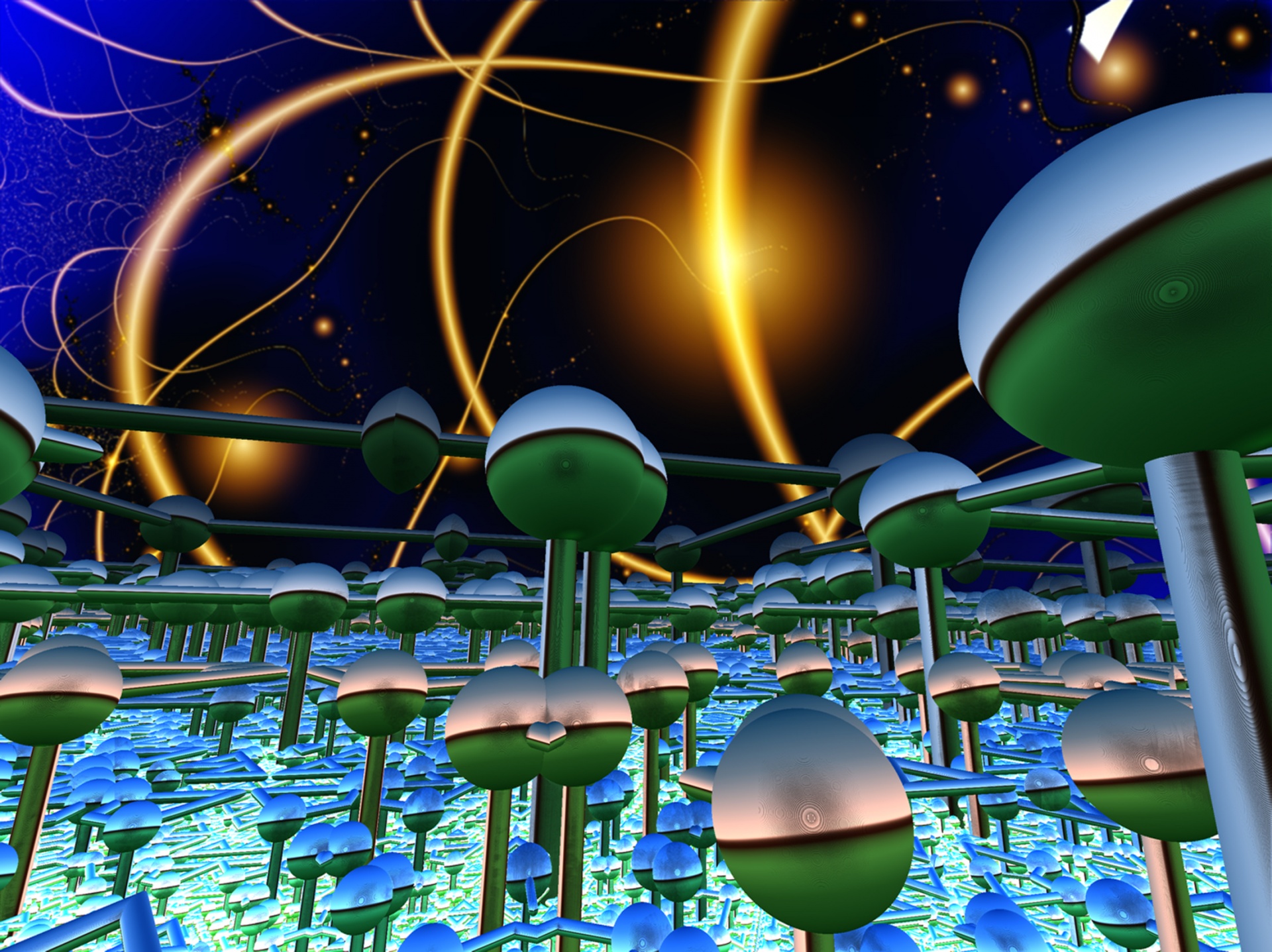In a world beset by uncertainty and rapid change, the Bahá’í teachings offer transformative insights that beckon us toward a future suffused with hope and purpose. These teachings are not mere philosophical musings; rather, they provide an expansive framework through which we can grapple with our existential fate and the trajectory of humanity. The notion of “The Future of Our Forever” encapsulates the Bahá’í vision for a united world and a spiritually enriched life.
From the very beginnings of the Bahá’í Faith, its founder, Bahá’u’lláh, articulated a revolutionary worldview that anticipates the emergence of a global civilization grounded in principles of unity, justice, and interdependence. This future is not a distant dream; it is an attainable reality that calls for profound shifts in our collective consciousness and individual behaviors.
One critical teaching is the concept of the oneness of humanity. This principle challenges traditional paradigms of division—whether they be racial, religious, or national—inviting us to see all individuals as members of a single, connected family. Such a perspective fosters empathy and a shared responsibility toward one another, paving the way for peace. It prompts a fundamental question: How can we reframe our understanding of community? This is a call to elevate our dialogues, nurturing a culture of inclusivity that transcends the barriers that have long divided us.
Further, the Bahá’í teachings emphasize the importance of an evolving moral framework that aligns with our advancing civilization. This is encapsulated in the idea of progressive revelation, wherein divine guidance is continually unveiled as humanity matures. The future, therefore, demands an agile moral compass attuned to contemporary challenges such as climate change, social injustice, and technological ethics. Each of us is guardians of tomorrow, tasked with integrating these teachings into our lives, thus strengthening our collective ethical foundation.
The intricate relationship between science and religion forms another cornerstone of Bahá’í thought. Each domain offers unique insights into the workings of the universe and our place within it. Science elucidates the empirical laws of nature, while religion imparts spiritual truths. In an increasingly polarized society, the Bahá’í Faith calls for a harmonious synthesis between these two realms. By fostering this duality, we unlock new possibilities for understanding and addressing the profound complexities that lie ahead.
The idea of universal education cannot be overlooked in this vision for the future. Through the lens of Bahá’í teachings, education is seen as a fundamental right and a vital instrument for social betterment. As societies evolve, the cultivation of knowledge and skills will become imperative in equipping individuals—not only to navigate a challenging world but also to contribute meaningfully to its enhancement. Imagine a world where education transcends socioeconomic barriers, fostering intellectual versatility and emotional intelligence in equal measure. This shift would undoubtedly yield a generation primed for innovation and compassionate leadership.
Moreover, the Bahá’í emphasis on gender equality serves as a crucial pivot in the quest for global progress. In recognizing the equal worth of men and women, Bahá’í teachings advocate for the full participation of women in all facets of society. This equity lays the groundwork for sustainable development, as diverse perspectives and talents converge to address the multifarious challenges faced by humanity. Gender parity heralds not only rights and responsibilities but catalyzes the holistic advancement of societies worldwide. How might our world transform if every voice were given its due respect and influence?
The practical application of these teachings is equally compelling. Bahá’í communities around the world exemplify collaborative efforts aimed at fostering social cohesion and service to humanity. Local initiatives that promote community development, environmental stewardship, and moral education serve as microcosms for the larger, utopian vision. Engaging in such endeavors is a pathway to realize the ideals espoused within the Bahá’í Faith. This sets forth an invigorating query: What role can each of us play in rebuilding the world to reflect these universal principles?
The prospects of a world characterized by unity and peace are undeniably enticing, yet they are not devoid of challenges. Resistance to change, ingrained prejudices, and a reluctance to abandon outdated paradigms often obstruct the path toward constructive transformation. However, the Bahá’í teachings imbue adherents with resilience and an unwavering commitment to the principle of justice, encouraging us to persist in our endeavors, even amidst adversity. Each effort undertaken serves as a ripple within the greater wave of human consciousness—the cumulative effect of which shapes our shared destiny.
As we contemplate “The Future of Our Forever,” we are reminded that the seeds of this future lie within us. The Bahá’í teachings inspire a continuous exploration of our spiritual potential and our interconnectedness with humanity. They prompt profound reflections on our responsibilities to nurture the soul of the world and to embody the ideals of love, justice, and unity. With each deliberate act of kindness or moment of shared understanding, we are contributing to that radiant future we envision. The possibilities stretch before us, inviting engagement and prompting curiosity. Embrace the journey—the future awaits.
